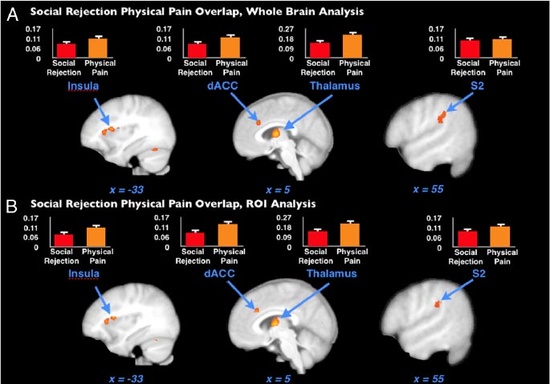Individual Emotionally-Focused Therapy
Emotionally-focused therapy (EFT) for couples is a highly effective method for resolving relationship distress and creating deeper connection. EFT methods prioritize the innate need for a secure bond with another human. An insecure bond compromises our physical and psychological welfare. EFT zeros-in on the barriers to connection and carefully dismantles and replaces them with an open pathway to bonding. First one partner, and then the other, each learns to walk the new path, both alone and then together. On this new path, partners jointly create a bond by sharing emotions.
Anything that thwarts the honest and direct expression of emotional needs is a barrier to the bond that we depend on. Cliched but true, the barriers to connection are forged in childhood. Lessons learned so long ago feel instinctive; we remain oblivious to them and the effect they have on our relationships. The clinician trained in emotionally-focused therapy creates opportunities to notice patterns of feeling and reacting that form these hidden barriers. Our awareness offers the chance to break out of reflexive, default reactions.
Can I do it?
Virtually everyone has the capacity to re-shape default reactions. In fact, we are born in with the innate ability to share emotions. An infant’s survival hinges on alerting the parents that there is a need. Infants cry when they’re hungry; they cry when in pain; they cry if frightened. Ideally, parents get the signal and meet the infant’s need. With parents who are responsive to the emotional signals, the infant learns to rely on the outside world as a source of comfort. Moreover, the infant senses that emotional needs are legitimate, important, and worthy of attention.
Word of caution: responsiveness differs from indulging or spoiling a child. Good parenting also involves teaching a child to be patient, to take turns with others, and to master a myriad of other skills for living successfully in our social world. One of the surprising facts about parental responsiveness is that “good enough” gets the job done. One study showed that the mothers of securely-bonded children are in-tune-with and responsive to their children about 30% of the time.
Emotional Styles.


Denied adequate parental responsiveness, children learn that other people are a dubious source of comfort and bonding. Simultaneously, they learn to doubt their emotional needs. The doubt disguises emotional needs as weakness and things to be hidden, or deforms their expression into demands or accusations. These become our emotional styles in our most intimate adult relationships. In the moments when we need connection the most, we unwittingly cut ourselves off from the person we need.
If one of these descriptions sounds like you, individual emotionally-focused therapy may help you. You can learn to “tune in” to your emotions and to express them in a way that pulls loved ones closer, rather than push them away. You don’t need to wait for couple therapy.
Share this post





